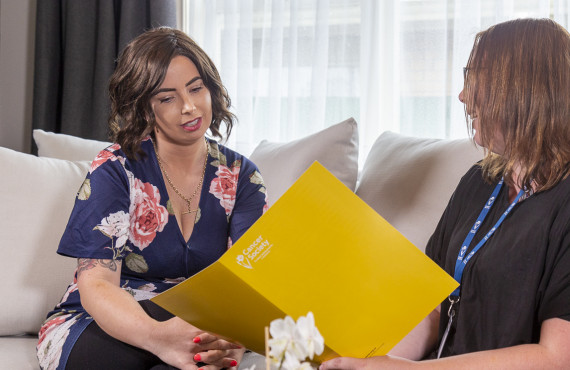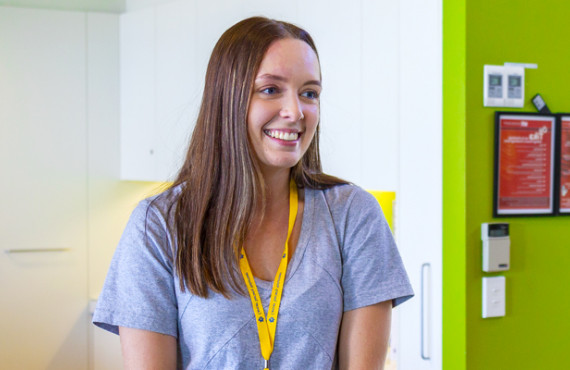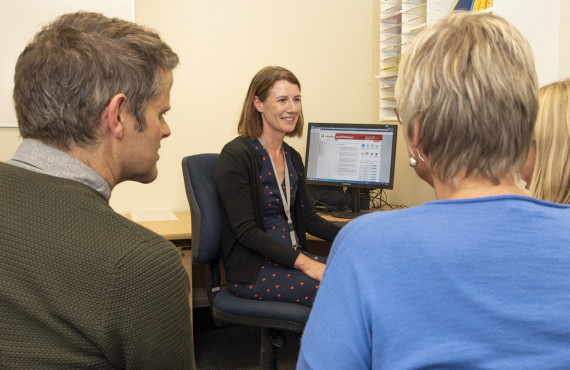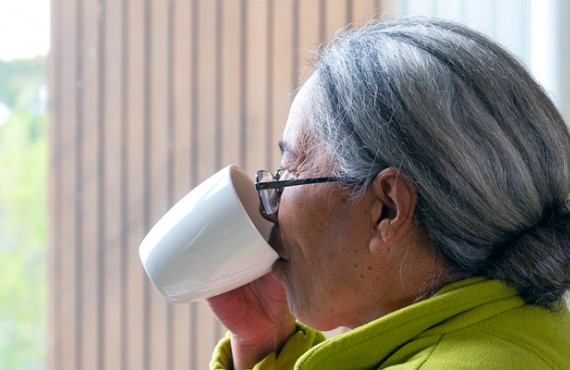Rates of uterus cancer in Aotearoa New Zealand have been increasing steadily over the last 20 years.
What is uterus cancer?
Uterus cancer begins in the uterus, which is part of the female reproductive system.
Like the rest of your body, the uterus is made up of tiny 'building blocks' called cells.
Uterus cancer begins when these cells grow abnormally into a lump or tumour.
Cancer is a disease of the body's cells. It starts in our genes. Our bodies are constantly making new cells, a process controlled by certain genes. Cancers are caused by damage to these genes. As the damaged cells replicate a lump or tumour is formed.
Tumours can be:
- Benign - not cancerous. These do not spread to other parts of the body.
- Malignant - cancerous
It is also called cancer of the womb, uterine cancer, endometrial cancer or cancer of the lining of the womb.
The uterus is about the size and shape of an upside-down pear. The uterus sits low in the tummy (abdomen) and is held there by muscle.
The lining of the uterus is called the endometrium. The endometrium is made up of several layers that include skin-like cells (surface epithelium), blood vessels, tissue spaces and glands.
The uterus is joined to the vagina by the cervix, or 'neck of the womb'. It is part of the female reproductive system.
Each month, in people who are able to have children, hormones are released in the body that causes ovulation and periods (menstruation).
Uterus cancer symptoms
Signs and symptoms of uterus cancer may include:
- unusual or irregular bleeding - especially after menopause
- unusual or smelly discharge from the vagina
- discomfort or pain in the tummy
- painful or difficultly peeing (urination)
- pain during sex
Having these symptoms does not mean you have uterus cancer, but it is important to get any changes checked by your doctor.
What causes uterine cancer?
Like many types of cancer, we don’t always know why people get uterine cancer, but some things increase your risk.
Risk factors for uterine cancer include:
- being over 50 years of age
- being overweight or obese
- never being pregnant
- a thicker lining of the womb (endometrial hyperplasia)
- high blood pressure
- diabetes
- a family history of uterus, breast or bowel cancer
- being on oestrogen-only hormone replacement therapy
- being on tamoxifen for treatment of breast cancer
Tips for talking to your doctor
- make a list of what you are feeling and how often it happens, including as much detail as possible
- think about your family/whānau history of cancer and tell your doctor
- go back to your doctor if you don't feel better, even if tests show you don't have a problem - you can ask for a second opinion if you want one
- take a family/whānau member or friend with you to the appointment for support

Doctors use physical examination, ultrasound and biopsies to diagnose cancer.

We are here to help and support you and your whānau through cancer diagnosis, treatment and recovery…

We've put together a list of questions you may wish to ask your treatment team.

Cancer can impact not only your health but your lifestyle and relationships.
We know that going through cancer is tough and can raise many questions. You are not alone.
We have health professionals to answer your questions and provide the support you need.
Get in touch
